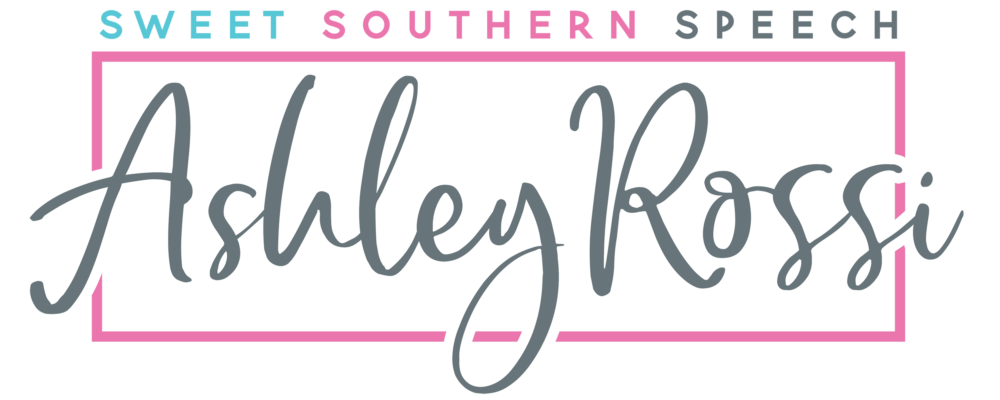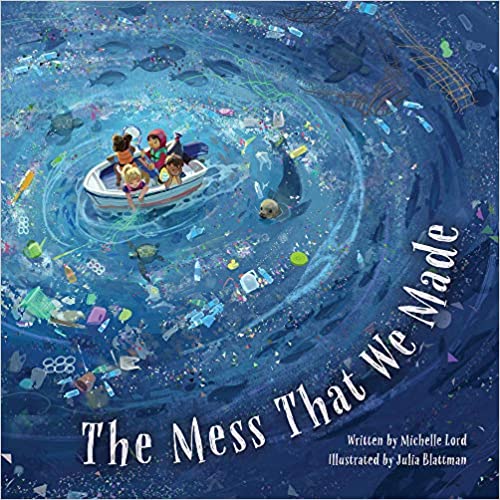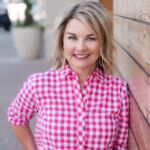The Mess That We Made explores the environmental impact of trash and plastic on the ocean and marine life, and it inspires kids to do their part to combat pollution. Simple, rhythmic wording builds to a crescendo (“This is the mess that we made. These are the fish that swim in the mess that we made.”) and the vibrant digital artwork captures the disaster that is the Great Pacific Garbage Patch. Children can imagine themselves as one of the four multi-ethnic occupants of the little boat surrounded by swirling plastic in the middle of the ocean, witnessing the cycle of destruction and the harm it causes to plants, animals, and humans. The first half of the book portrays the growing magnitude of the issue, and the second half rallies children and adults to make the necessary changes to save our oceans. Facts about the Great Pacific Garbage Patch, ocean pollution, and how kids can help are included in the back matter.
This eye-opening spring and Earth Day book can be used in speech therapy to address sequencing, inferencing, and action verbs when describing the effects of pollution and what we can do to help. It is also great for targeting /th/, /s/ and /m/ sounds! Discover more of the speech and language teaching concepts for using The Mess That We Made in speech therapy below:



